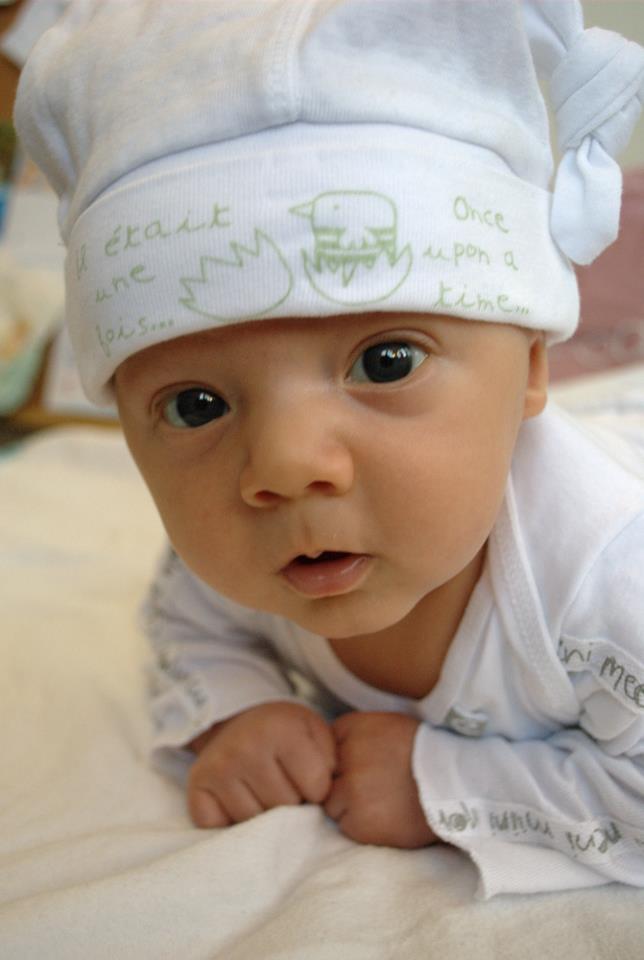-
Life on the Line – what is Borderline Personality Disorder?
•
Feelings of being rejected and abandoned by Jenny were quickly followed by feelings of intense anger. With every passing minute Charlene felt increasingly furious at Jenny. Why did Charlene’s friends always end up hurting her like this? She concluded that it was because she is a vile, detestable person. Nobody could possibly care for…
-
Rewire your brain: neuroplasticity FTW!
•
Our brains are not like computers. Neuroplasticity is the ability your brain has to rewire itself in response to experience. What implications does this have for depression and other psychological conditions?
-
What is the difference between a psychologist and a counsellor?
•
A counsellor assists a person to develop understanding of themselves, their circumstances or their problems and facilitates change and setting goals. A psychologist applies scientific research to understanding and shaping human behaviour. Many psychologists provide counselling – but not all.
-
Dangers of diagnosis
•
In the field of Mental Health, diagnosis is notoriously difficult. Unfortunately, in some cases misdiagnosis has the potential for catastrophic consequences.
-
Remember to Exercise … and Don’t Forget!
•
Researchers at the University of Nottingham Medical School have found a mechanism by which healthy physical activity might protect against alzheimer’s disease.
-

You Want Cute? You Can’t Handle Cute!
•
Apparently, cute things are too much for our brains to handle.
-

It Has to be Perfect
•
Does this sentence make you cringe: “Sometimes when your driving you may notice your car does not seem to be performing at it’s best”? The more perfect you are, the better you are? Or are imperfections are the fingerprints of a human being who is getting things done that matter?

